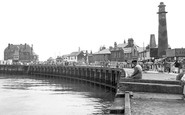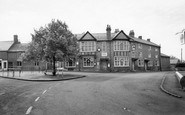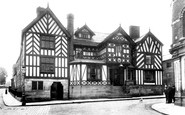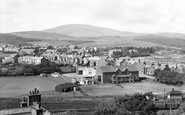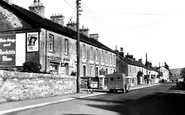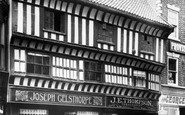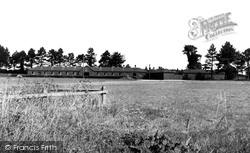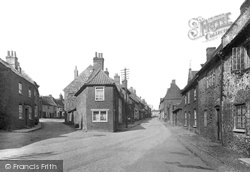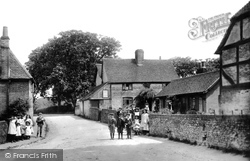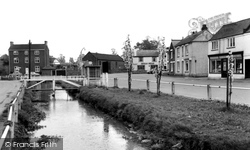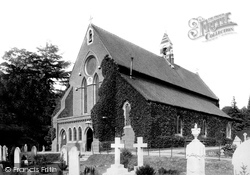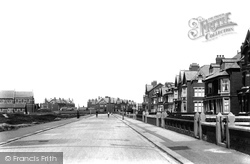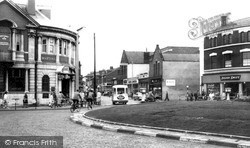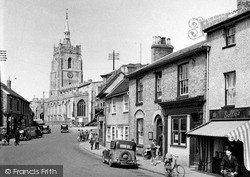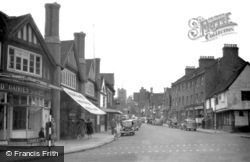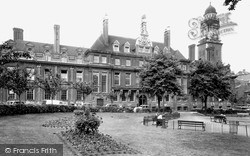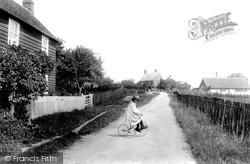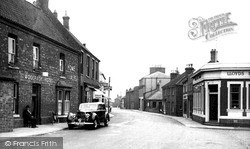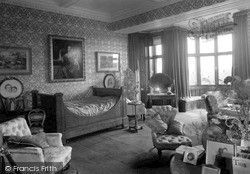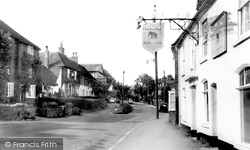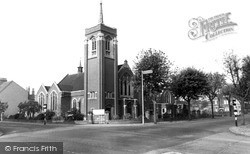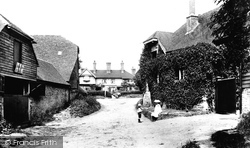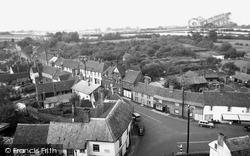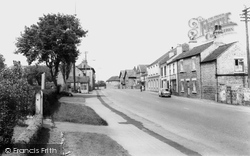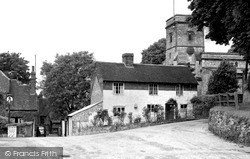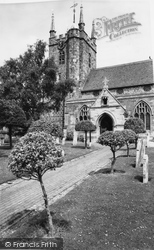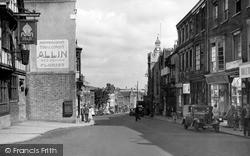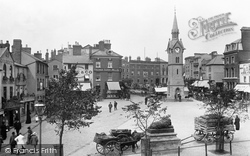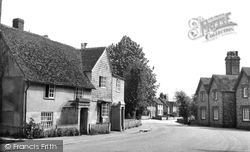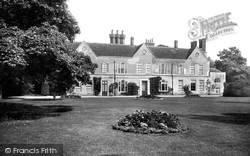Places
Sorry, no places were found that related to your search.
Photos
Sorry, no photos were found that related to your search.
Maps
Sorry, no maps were found that related to your search.
Books
Sorry, no books were found that related to your search.
Memories
655 memories found. Showing results 131 to 140.
The Night The Roof Came Down
When I went to work in Great Yarmouth all those years ago I managed to find a 'home-from-home 'at 5 Pavilion Road at Gorleston. At number 4 lived Doris Little and her family. One night while just about to ...Read more
A memory of Gorleston-on-Sea in 1976 by
The Nag''s Head
One didn't have to travel to London in the past to watch pro bands plying their trade. The Nag's Head public house was a much attended venue during the late 1960s and early 1970s for watching many of the (what was then known as) ...Read more
A memory of Wollaston in 1969 by
The Lion & Swan Congleton Cheshire
The Lion & Swan Hotel Congleton Story has it that The Lion & Swan in Congleton was made from ancient timbers, even today there are some solid twelve inch by twelve inch supports on display but who knows ...Read more
A memory of Congleton by
The Lane To The Beach
As a boy of thirteen, with my family, after the war, I spent all my school holidays in Cornwall. Six weeks with my Uncle Arthur and Aunt Mabel in a tied cottage on Lower Tregantle Farm near Torpoint. The very air was ...Read more
A memory of Lower Tregantle by
The Holborn Hill Evacuee.
The view is looking over Holborn Hill towards Black Combe. Holborn Hill is old Millom, the new part of Millom was built when iron ore was discovered in 1855 at Hodbarrow and the iron works was built and Hodbarrow mines ...Read more
A memory of Millom in 1940 by
The Happy Days
To Mary Muir, I remember you very well. Those were the days. I started school then in February aged 4 and a half years old. I remember all my teachers. I wonder if these names ring a bell, Miss Todd, Miss Taylor, Miss Cuthbert, ...Read more
A memory of Lumphinnans in 1957 by
The Green – 1952 53 Seven Years Old
I come from an RAF family that travelled across the globe until, in 1964 we ended up in Australia. Though english by birth, I am now an Australian, but I have fond memories of some parts of England where I grew ...Read more
A memory of The Green in 1952 by
The Green
My earliest memory, is going to look at The Green, on the High Street in Fowlmere. It was in a poor state and the ceiling in the kitchen had collapsed. My father, had built a house in the village called Mere Place on Rectory Lane, so ...Read more
A memory of Fowlmere in 1969
The Graig Secondary Modern Bassaleg
I went to the Graig School during the sixties. It was a great school and a great location. I lived in St.Mellons near Cardiff, but we all went to Bassaleg as St.Mellons was in the old county of Monmouthshire. ...Read more
A memory of Bassaleg in 1961 by
The Governor's House
I lived in part of the Governor's house in 1973. The back of the house extended to where the car park access ramp is now, before the shopping centre was built. In the cellar were bread ovens and a bricked up tunnel ...Read more
A memory of Newark-on-Trent in 1973 by
Captions
405 captions found. Showing results 313 to 336.
IN 1908, in his Round About Wiltshire, A G Bradley wrote an idyllic description of the five mile 'run' between Beckhampton and Calne: 'One is on the wide open down, traversing the north-western
The long straight high street eventually opens up into the Friday market place.
Fifteen children have been neatly assembled by the photographer in front of the brick and half-timbered cottages that comprised this small village – it was originally called Clandon Abbots.
The brook here somehow appears to be little cared for, with its chipped concrete posts arrayed along weedy banks.
This modest building of red brick is attributed to T H Rushworth and was built in about 1864. The windows are 13th-century and show a variety of designs in two-bay arcades.
The buildings were all good quality brick with stone cappings and gate posts.
The roundabout was removed in 1979 to make way for a new road junction.
On the right, the Royal Oak, the shop with the arched door and window, and the building nearest the camera, here Dolly's sweet shop, all remain.
This photograph was taken from the junction of the High Street with Bridge Street. The dominant buildings are of the early 1900s, complete with a fine set of chimney stacks.
The early 19th century saw Leicester in an appalling sanitary condition, until piped water came to the town in the mid 1850s, along with its first sewers.
Lying just to the north of Chilham is this small and curiously named hamlet where, until the beginning of the 20th century, an annual race was staged between two village youths and two maidens for a
North from the Market Place, the High Street curves away past The Woolpack, now rendered and roughcast.
This plainer room is one occupied by Queen Victoria when she stayed at Thoresby, enjoying the lavish hospitality of Earl Manvers.
The pretty village of Elham, at the heart of the valley of that name, is clustered around its market square and this High Street, lined with buildings from several periods.
Churches were built to serve the suburbs north of Abington Park.
The pretty village of Shackleford, west of Godalming, has a mixture of houses in different styles, as evidenced here by the creeper-clad building on the right, the tall-chimneyed cottages with their neatly
Bridge House, the Post Office Stores and the adjoining houses (centre bottom) follow the curve of the street, named after The Swan Inn.
Two miles south of Langold, Carlton in Lindrick is a village of two parts, the original village to the south and a large former colliery village with hard red brick semi-detached houses.
Oving, west of Whitchurch, lies off the main road, and is a very pretty village on the Portland limestone ridge.
Another view, similar to H6031 (above), shows the brick-paved path and the holly bushes. At the left is a silver birch, which also survives today.
The contraption on the brick wall of Allin's Newsagents beside the pub is a vending machine.
Beyond the Clocktower, the Georgian brick front belongs to the George Inn, which was replaced by Burtons in 1936.
Glynde is most famous for its internationaly renowned opera house built in the grounds of Glyndbourne.
West of the church and across a stream is The Bury, the manor house until 1741. At one time council offices, it is now divided into houses and its grounds are a public open space.
Places (0)
Photos (0)
Memories (655)
Books (0)
Maps (0)

